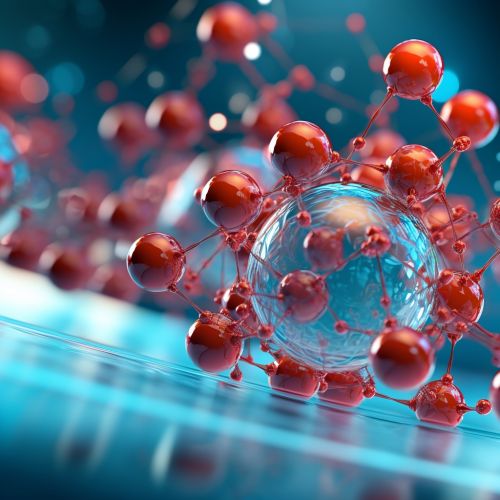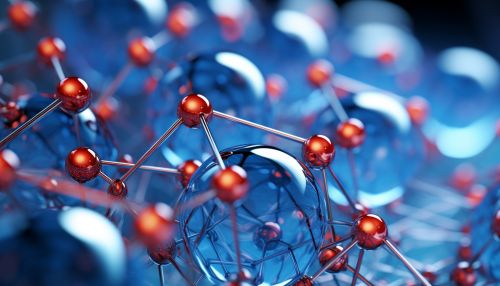Advances in Biodegradable Nanocarriers for Drug Delivery
Introduction
Biodegradable nanocarriers have emerged as a promising tool for drug delivery, offering potential advantages in terms of targeted delivery, controlled release, and improved biocompatibility. These nanoscale devices, typically ranging from 1 to 1000 nanometers in size, can encapsulate therapeutic agents and deliver them to specific sites in the body, thereby enhancing the efficacy of treatment and minimizing side effects read more. This article explores the recent advances in the field of biodegradable nanocarriers for drug delivery, focusing on the design, fabrication, and application of these innovative systems.


Design of Biodegradable Nanocarriers
The design of biodegradable nanocarriers involves careful consideration of several factors, including the nature of the drug to be delivered, the target site, and the desired release profile. The materials used in the construction of these nanocarriers are typically biocompatible and biodegradable polymers, such as poly(lactic-co-glycolic acid) (PLGA), polycaprolactone (PCL), and chitosan read more. These materials degrade in the body over time, releasing the encapsulated drug in a controlled manner.
Fabrication of Biodegradable Nanocarriers
The fabrication of biodegradable nanocarriers involves techniques such as nanoprecipitation, emulsion-diffusion, and solvent evaporation. Recent advances have led to the development of more sophisticated fabrication methods, such as electrospinning and microfluidics, which allow for greater control over the size, shape, and drug loading of the nanocarriers read more.
Applications of Biodegradable Nanocarriers
Biodegradable nanocarriers have been applied in various areas of medicine, including oncology, cardiology, and neurology. In oncology, for example, nanocarriers can deliver chemotherapeutic agents directly to tumor cells, thereby increasing the efficacy of treatment and reducing systemic side effects read more. In cardiology, nanocarriers can be used to deliver drugs to the heart tissue, improving the treatment of conditions such as myocardial infarction and heart failure. In neurology, nanocarriers can cross the blood-brain barrier and deliver drugs to the brain, offering potential benefits in the treatment of neurological disorders such as Alzheimer's disease and Parkinson's disease read more.
Future Perspectives
The field of biodegradable nanocarriers for drug delivery is rapidly evolving, with ongoing research focused on improving the design and fabrication of these systems, enhancing their drug loading and release properties, and expanding their applications in medicine. Future developments in this field are likely to have a significant impact on healthcare, offering new possibilities for the treatment of various diseases.
